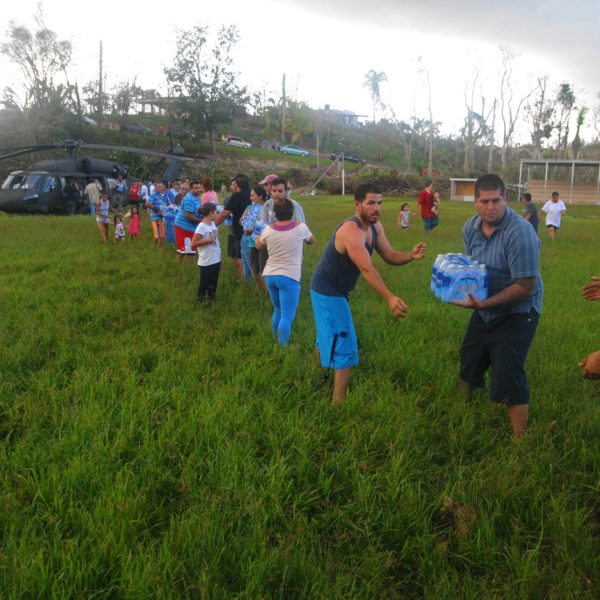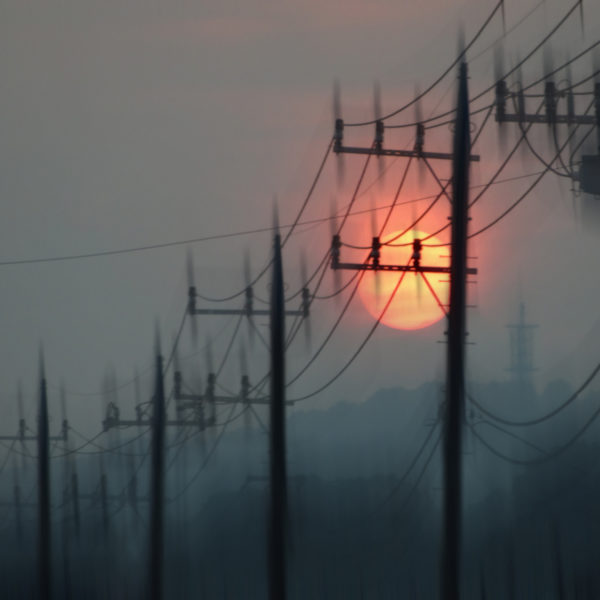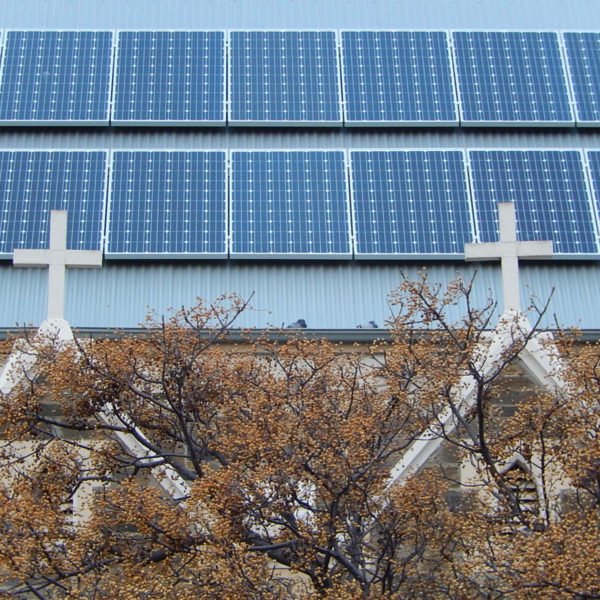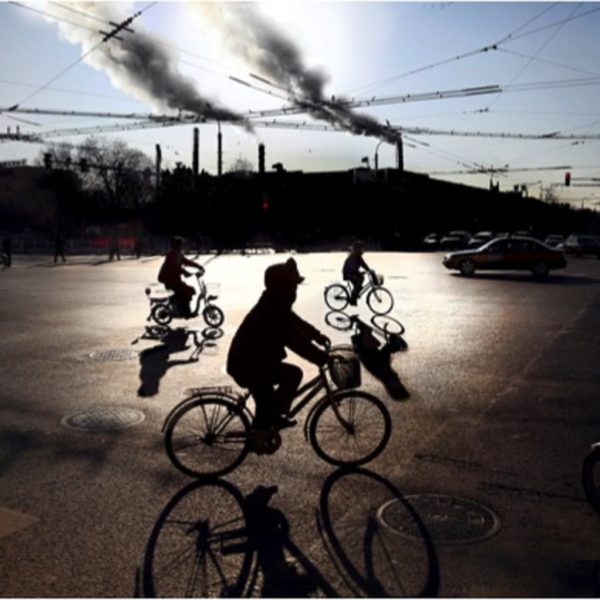
Humans have grown exponentially in our propensity and power to conquer the earth itself. Despite being newcomers relative to neighboring species, humans usually behave as if we owned the place. But Psalm 95 speaks clearly: When we come into God’s presence—and there is no place God is more vividly present to us than in creation’s midst—the psalm says to come with thanksgiving, the polar opposite of greed.

An intertextual reading of Genesis 12 and Psalm 121 demonstrates that, while our faithful relationship with God may be initiated by our willful act of leaving, our ongoing life journey can be sustained by our attention to nature’s ontological testimony of God’s unequal sovereignty. Just as the Hebrew pilgrims were given strength to live out their faith through ecological awareness and mindfulness, let us emulate this life of pilgrimage and boldly leave our anthropocentric lifestyles.
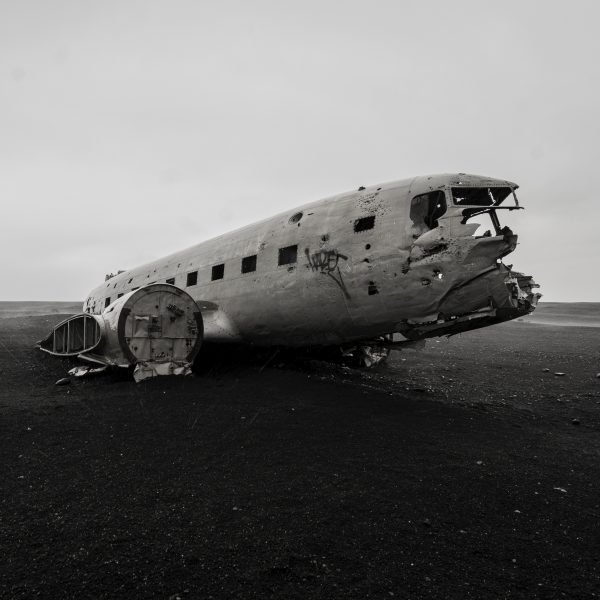
Humans may very well not survive to the end of the century, but in faithfulness to the Creator, between fasting and serving the Garden, hope is alive. The liturgical season of Lent is such a time.
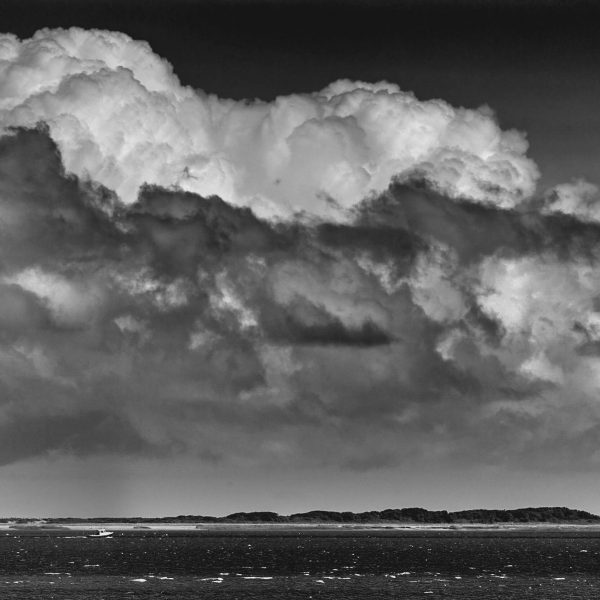
During the Christian, liturgical season of Lent, essays on the Politics of Scripture will reflect on the intersection between the lectionary texts and climate change.


